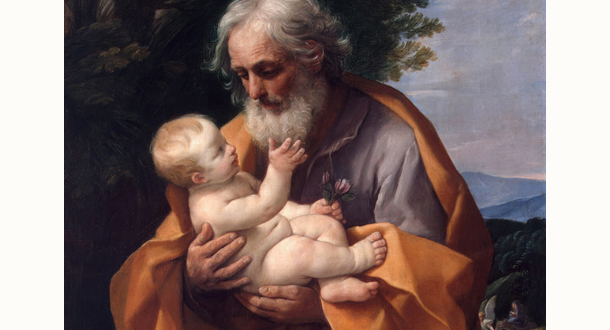 Feast of St. Joseph, husband of Mary
Feast of St. Joseph, husband of Mary
Scripture:
2 Samuel 7:4-5a, 12-14a, 16
Romans 4:13, 16-18, 22
Matthew 1:16, 18-21, 24a or Luke 2:41-51a
Reflection:
Jacob was the father of Joseph, the husband of Mary. Of her was born Jesus who is called the Christ. –Mathew 1:16
Today, the Church celebrates the feast of St. Joseph, the husband of Mary, the mother of Jesus. Over the years, I have reflected on St. Joseph as a just man, a descendant of King David, a carpenter, the father of Jesus and similar themes. Today, I’m focus upon Joseph as husband.
This feast invites me to enter more profoundly into the significance of what it means to be a husband, and more specifically, what it meant for Joseph to be the husband of Mary, the mother of Jesus. So, join me in taking a long, loving look into key moments that defined Joseph’s role as Mary’s husband.
The first time we get a glimpse of Joseph as the husband of Mary is when he is confronted with a very difficult moral problem, whether to divorce Mary publicly or quietly because she is found to be with a child that he did not father. There was no question in his mind what he had to do, he needed to divorce Mary. That’s what the law said. The question was, what kind of divorce?
According to Hebrew bible scholars, a woman betrothed to a man is considered to be a married woman. And so, it was with Mary. Thus, imagine Joseph’s surprise when he learned that Mary was pregnant, and the child was not his. I am sure that Joseph and Mary had many conversations about this matter. Think about how terrible and disappointed Joseph much have felt as he talked to Mary about their future. She made no sense. He finally told Mary of his decision, he was going to divorce her quietly.
Finally, God intervened. In a dream, God asked Joseph to take Mary into his home as his wife. Both Joseph and Mary were learning what it meant to be husband and wife.
The second moment that we reflect upon Joseph as husband, comes around the time when Mary is due to give birth. Every plan that Joseph and Mary had made about the birth of Jesus in Nazareth was dashed when Julius Caesar ordered a census, demanding the heads of the households to return to their ancestral homes to be counted.
Suddenly, Joseph and Mary found themselves away from home, family and friends, going to Bethlehem, seeking shelter and food from the kindness of strangers. They were homeless, hungry and frightened and Mary time to give birth was near. After knocking on doors, someone took them in and allowed them to stay in a manger. Joseph had to make the place suitable and safe for his wife as she gave birth to Jesus. Joseph, Mary’s husband and soon to be father, did not run away from his duties as husband.
Still in Bethlehem, Joseph got word that they were being threaten by their own king. The king was a jealous and cruel tyrant. Joseph did the only thing that he could do under the circumstances. He packed up as many of their belongings as he could and left with Mary and the Baby Jesus in her arms, to seek safety in a foreign land, across the border into another country. Imagine the hardship of traveling as a small family in a countryside filled with dangers and devoid of food, water and hospitality. We may be sure that Joseph, as Mary’s husband and Jesus’ father, would do all he could to keep Mary and Jesus safe. What husband would not do that for his family?
Finally, we see Mary and Joseph, parents of the adolescent Jesus, looking for their lost son when he stayed behind in Jerusalem after a religious pilgrimage. Can you image their worry and pain? When they did find him in the Temple, Mary says to Jesus, “Son, why have you done this to us? Your father and I have been looking for you with great anxiety.” (Luke 3:48) Any parent who has lost a child just for a few minutes or for years knows the pain they experienced.
So, today we celebrate St. Joseph, the husband of Mary. Like all husbands, his life was filled highs and lows, joys and sorrows, difficult conversations and moments of loving silence. He, indeed, is a model for all husbands! St. Joseph, pray for us!
Fr. Clemente Barrón, C.P. is a member of Mater Dolorosa Community in Sierra Madre, California.

 Scripture:
Scripture: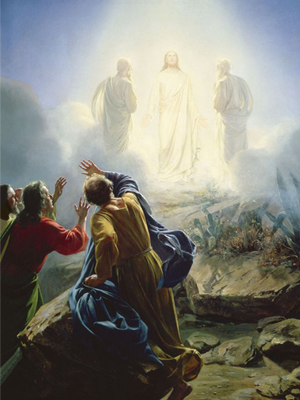
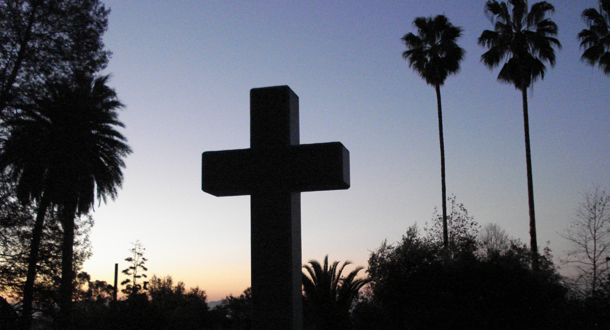 Scripture:
Scripture: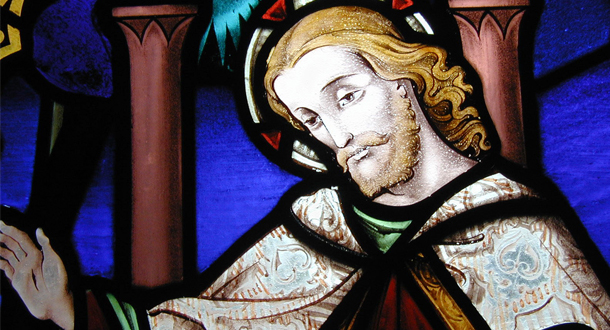 Scripture:
Scripture: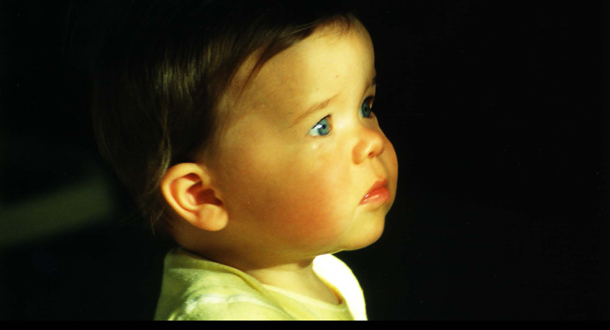 Scripture:
Scripture: Scripture:
Scripture: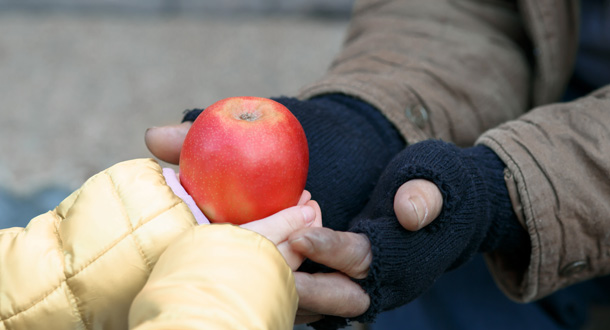 Scripture:
Scripture: